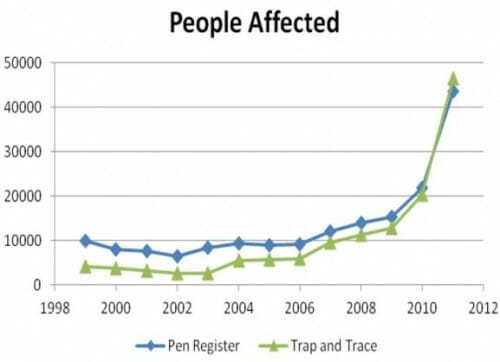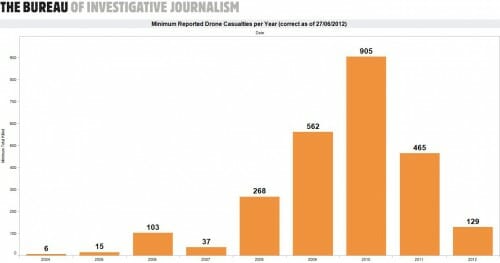I found this article in the Arizona Republic, our local rag, almost criminal. As far as it goes, I think the facts are correct. What is amazing is what it leaves out. First, the article:
Glendale administrators propose cutting nearly a quarter of the city's employees, or 249 positions, if voters approve a ballot measure in November to repeal a sales-tax hike.
Repeal of the 0.7 percentage-point tax hike that took effect last month would mean the loss of $11 million this year and $25 million annually through 2017, according to city estimates.
The City Council had approved the temporary increase to shore up its deficit-ridden general fund after laying off 49 employees and cutting $10 million from departments at the start of this fiscal year....
Proposed cuts include shuttering two of the three city libraries, one of its two aquatic centers, the TV station and all city festivals, including Glendale Glitters.
The article continues with the usual panic about cuts in police and firefighters and libraries and parks, etc. etc. What the article does not mention except in passing in paragraph 12 is the reason for the tax increase and the budget problems in the first place. Over heated opposition in the community, the City Council, which has enjoyed pretending to be big shot Donald Trumps over the last few years with taxpayer money, handed a private individual $25 million a year to keep the ice hockey team in town, an ice hockey team that has the lowest attendance in the league despite doing fairly well the last few years. This is on top of years of other subsidies and the taxpayer-funded $300 million stadium. The numbers line up exactly -- a new $25 million a year subsidy and a new $25 million a year tax, and the paper cannot even connect these dots, even when they were directly connected in real time (ie the tax was specifically justified to pay for the subsidy).
What the article entirely fails to mention is that, given no voice in these corporatist extravagances in Glendale (the tiny town of 250,000 has also subsidized an NFL franchise and a couple of MLB teams), the only way the citizens of this town have any way to exercise accountability is to vote down the tax that enables this corporate handout. They were not allowed to vote on the deal itself. This is not a bunch of wacky red-staters voting to decimate the parks departments, as the city and the paper would like you to believe, but a citizenship that is tired of the idiotic corporate cronyism in the Glendale city council and are looking for some way, any way, to enforce some accountability.
This is the media and the state in bed together promoting the larger state. Glendale's problems are entirely self-imposed, spending huge amounts of tax money on subsidizing sports teams and real estate ventures. When these all failed like so many Solyndras, they are trying to make this out to be a tax shortfall, when in fact it is spending idiocy.
The media always seems to participate as a cheerleader in this statism, but local papers have a special interest in promoting this sort of sports corporatism. Just about the only thing that sells dead-tree newspapers any more is the sports section. I would love to see what would happen to circulation rates if they cut the sports section. So any state actions that add professional sports franchises or keeps them in town contribute directly to the newspapers' survival.



